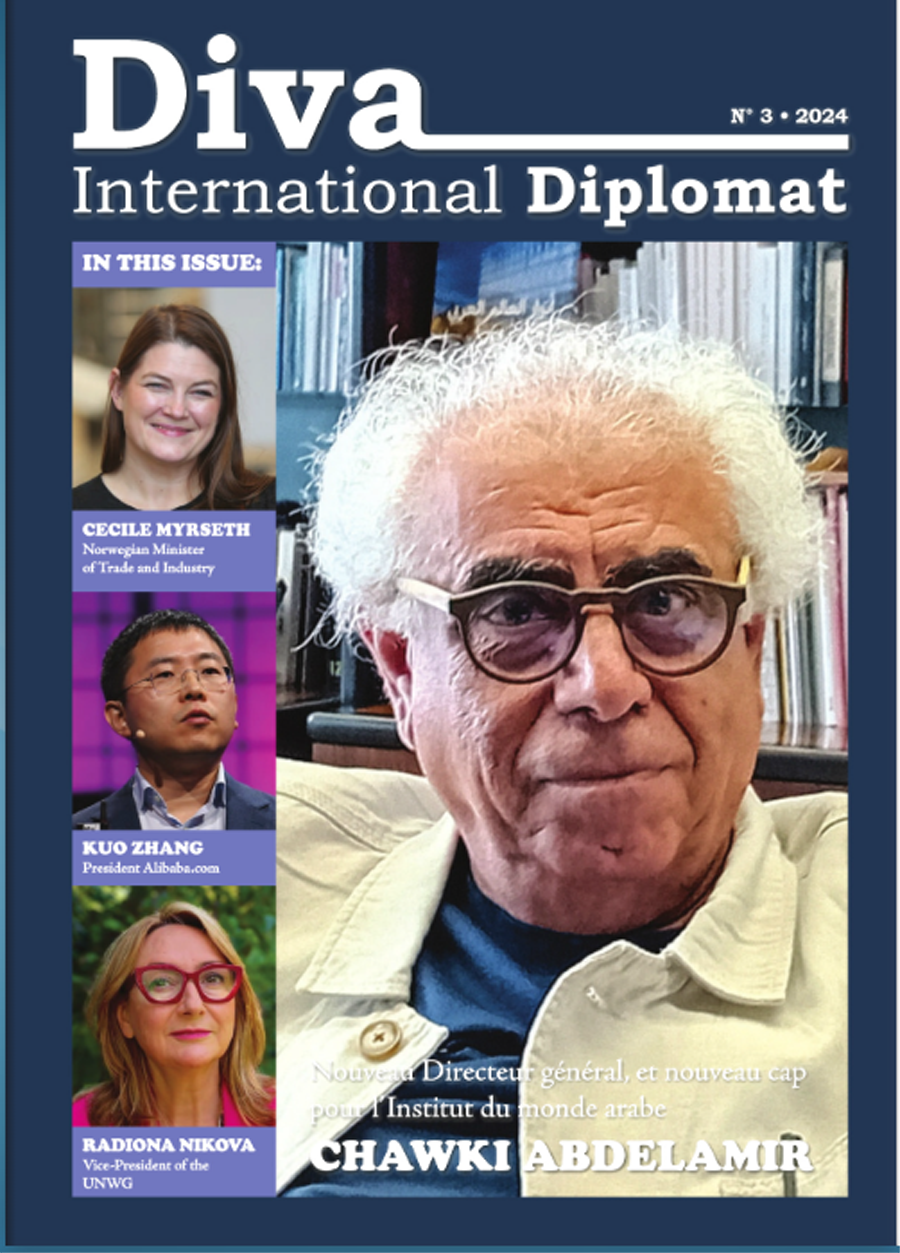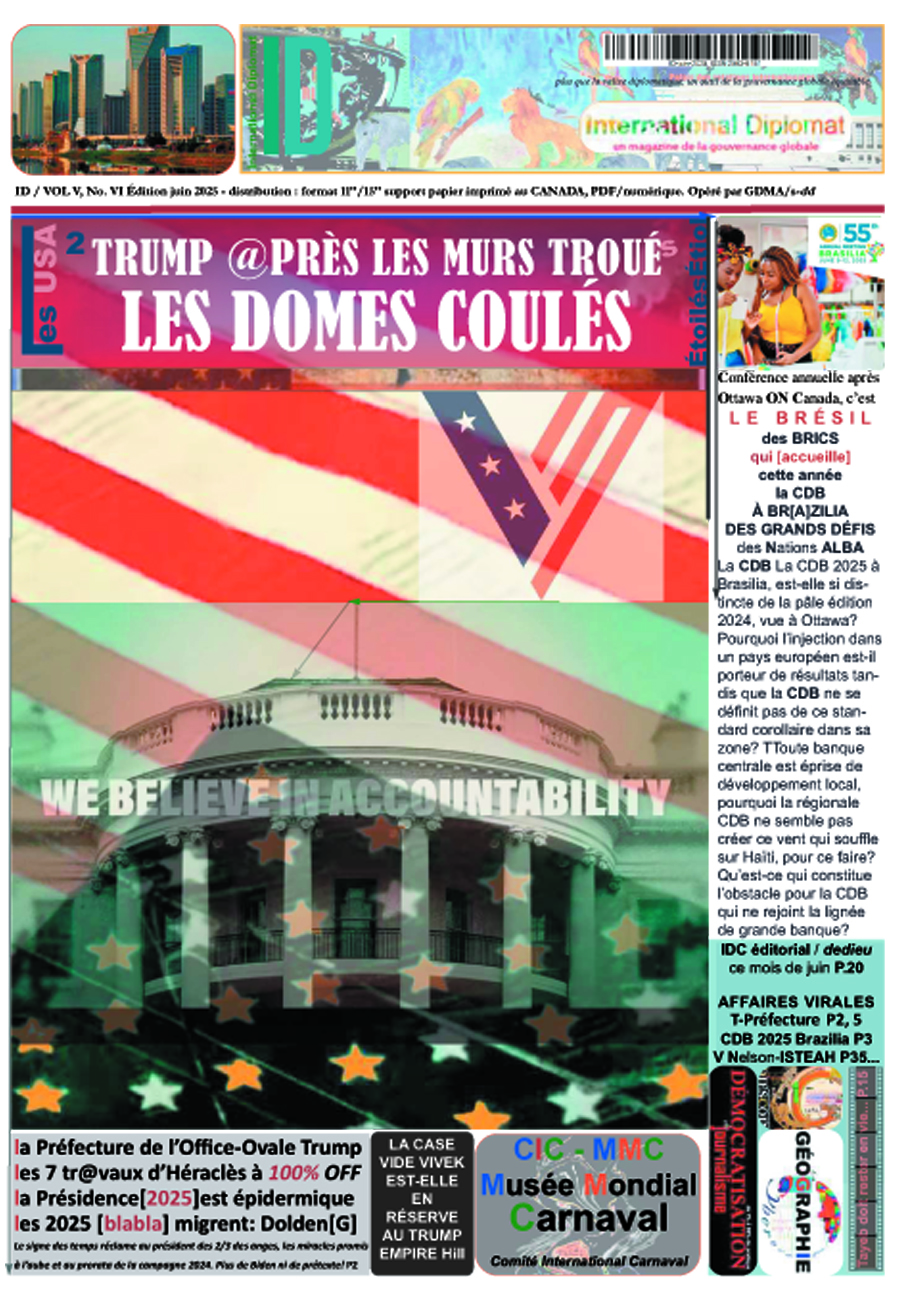Scotland was settled by the Celtic peoples during the Bronze and early Iron Age. An independent country in the Middle Ages, it was amalgamated with England as a result of the union of the Crowns in 1603 and of the Parliaments in 1707. Based on clans, the distinctive Celtic society of the Highlands was destroyed in the aftermath of the Jacobite Uprisings in 1715 and 1745-6 and the Highland clearances of the eighteenth and nineteenth centuries.
One of Sir Walter Scott’s historical novels Rob Roy is set before, during and after thefirst Jacobite rising of 1715 when he is forced to become an outlaw for his alleged espousal of the Jacobite cause. They were mainly Roman Catholic supporters of the deposed James II of England and his descendants in their claim to the British throne after the bloodless ‘Glorious Revolution’ of 1688-9.
The Hanoverian period ‘Act of Settlement’ in 1701 gave enhanced powers to the English parliament.
History of a Nation
Scotland has always done things in its own way which is what makes the country’s history so interesting. More than four thousand years ago, its ancient inhabitants were among the most advanced builders in Europe. Some two thousand years ago the Romans decided it was wiser to build a wall, known as Hadrian’s Wall, rather than attempt conquest. A recent Chronology of Scotland dates from AD 79 when Julius Agricola begins the Roman Conquest of Northern Britain.
A new edition of Scotland History of a Nation* charts the long, painful, sometimes tragic, often inspiring process that has formed the Scottish people of today. It reveals how the Scots’ sense of nationhood has always been under test and how that pressure has shaped the ways in which they see themselves and are seen by others. A compendium of the life of the nation Scotland The Autobiography* provides an intimate, vivid, accessible and engrossing account of Scotland and the Scots with 210 eye witness accounts from the first century to the present day.
Its evolving history has involved a range of outstanding people who through the centuries have contributed to the political, religious, scientific, social and cultural landscape. Scottish versions of history by writers and poets are as varied as the national fabric itself. The lives of heroes, villains, traitors, royal and political alliances and betrayals, rebellions and legendary battles fought by fierce tartan clad men all carry forward Scotland’s history from the past into the twenty-first century.
Scotland and Independence (2014)
In 1997 the Scots voted in favour of the establishment of a devolved parliament with an agreement to vary the basic rate of income tax. Almost 300 years after it voted for its own abolition, the Scottish parliament was reconvened on 12 May 1999 in the capital city of Edinburgh. In 2007 a national conversation was launched leading to a White Paper that commenced a lengthy process for its submission and debate through the legislative bodies in the Scottish and United Kingdom parliaments.
Following an agreement by legislators in both parliaments and the political leaders, a Scottish Independence Referendum Bill received royal assent on 17 December 2013. It set the stage to proceed with the modalities, timing and other related issues to prepare for a Referendum on Independence for Scotland to be held on 14 September 2014.
Spear headed by the Scottish parliament’s First Minister and others the campaign for or against independence is in full thrust both sides of the border and abroad. Many issues are at stake, particularly the economic strength of Scotland and defence arrangements, continued relations with the rest of the United Kingdom and membership in supranational organisations such as the European Union (EU) and North Atlantic Treaty Organisation (NATO). The result of the Referendum will have far reaching and lasting political, economic and social implications for the Union. Recommended by the Electoral Commission, the single question is: ‘Should Scotland be an Independent country’?
Note: Acknowledgement is given to sources used in this text including *Scotland History of a Nation by David Ross, Lomond Books, new edition 2008 (pp.384) with Chronology and Select Bibliography and a Compendium The Herald *Scotland: The Autobiography, edited by Rosemary Goring (pp.58). Edited extracts from Scotland the Autobiography: 2,000 Years of Scottish History by Those Who Saw It Happen.





